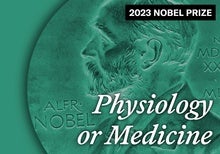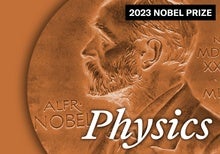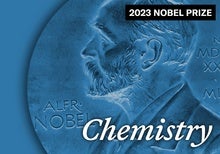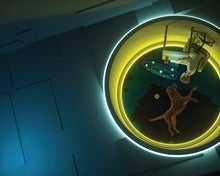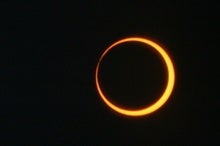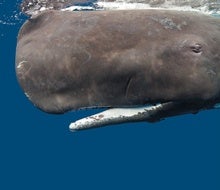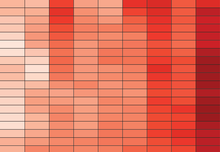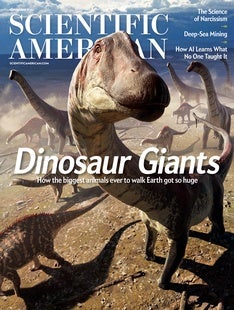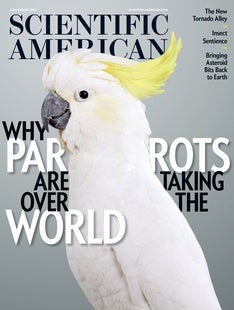 |
| October 06, 2023 |
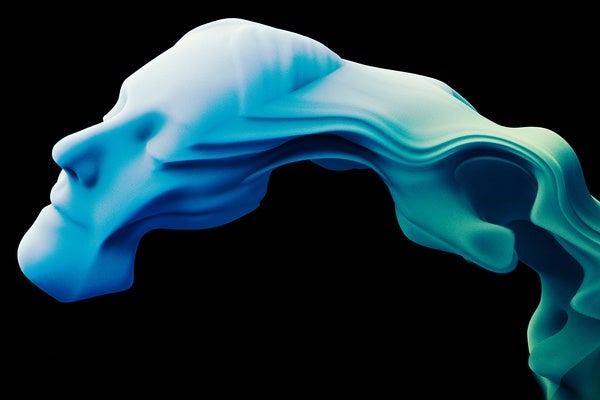 |
| |
| |
| |
| |
| |
| |
| |
| |
| |
| |
| Climate Change September Was the Most Anomalously Hot Month Ever September shattered a record for the highest temperature anomaly of any month and could help push 2023 to be the first year to exceed 1.5 degrees Celsius above preindustrial temperatures | | | | |
| |
BRING SCIENCE HOME
 | | Freeze Your Fruit with Science! |  What's cooler than cold? Make a supercool liquid to create instant ice crystals. Credit: George Retseck | Pop science quiz: What happens to water when it reaches 0 degrees Celsius (32 degrees Fahrenheit)? Answer: It freezes! But does water always freeze when it reaches this temperature? Believe it or not, water can sometimes be cooled to temperatures below its freezing point and still remain liquid. In this state the water is supercool. How can this happen? In this activity you will create your own supercool water and initiate its transition from liquid to solid. All while making a tasty snack! | |  | |
LATEST ISSUES
 |
| |
| Questions? Comments?  | |
| Download the Scientific American App |
| |
| |



